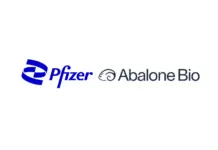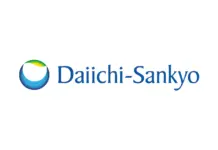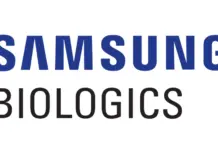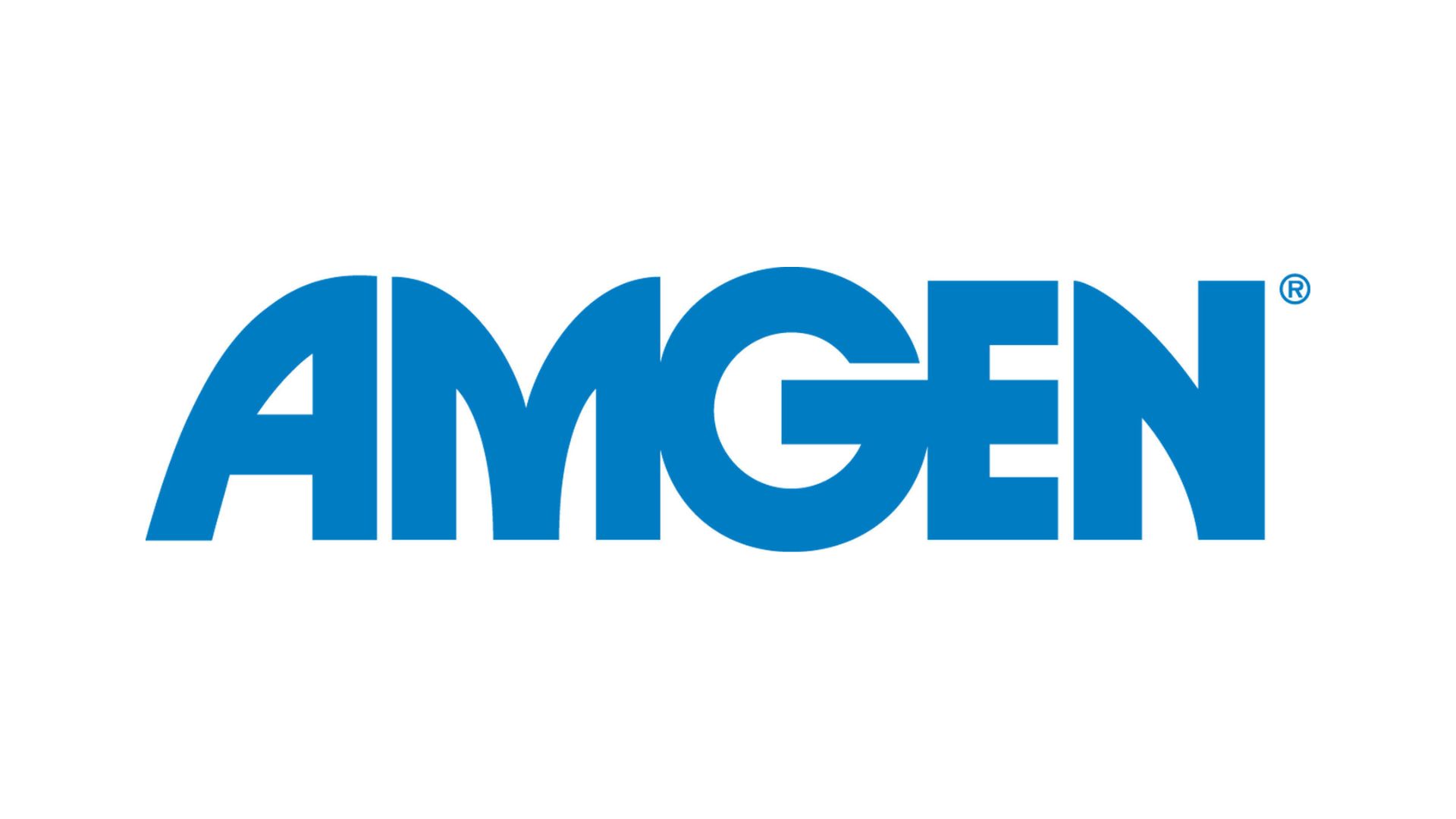Amgen and AstraZeneca have announced that the U.S. Food and Drug Administration (FDA) has granted approval for TEZSPIRE® (tezepelumab-ekko) as an add-on maintenance therapy for inadequately controlled chronic rhinosinusitis with nasal polyps (CRSwNP) in adults and adolescents aged 12 years and older. TEZSPIRE is the first biologic approved for CRSwNP that targets thymic stromal lymphopoietin (TSLP).
Chronic rhinosinusitis with nasal polyps, or CRSwNP, is a stubborn inflammatory condition that can affect as many as 320 million people worldwide. It causes swelling inside the nose and leads to the growth of soft, noncancerous polyps that make breathing harder. Treatments such as steroid sprays, oral corticosteroids, or multiple sinus surgeries can help for a while, but the relief often doesn’t last.
“For people living with CRSwNP, every breath can feel like a struggle, and many endure years of recurring symptoms and surgeries without significant relief. The approval of TEZSPIRE represents a meaningful advance, derived from our longstanding focus on complex inflammatory diseases rooted in epithelial biology,” said Jay Bradner, M.D., executive vice president of Research and Development at Amgen. “This approval is an important step forward for patients who have long needed more durable options that address the root causes of this disease, while establishing the impact of TSLP inhibition beyond asthma.”
The FDA’s decision to approve TEZSPIRE for CRSwNP is supported by efficacy and safety results from the WAYPOINT Phase III trial, the findings of which were presented at the 2025 American Academy of Allergy Asthma & Immunology (AAAAI)/World Allergy Organization (WAO) Joint Congress and published in The New England Journal of Medicine. In the study, TEZSPIRE achieved a statistically significant and clinically meaningful reduction in nasal polyp severity, nearly eliminated the need for surgery, and markedly decreased systemic corticosteroid use compared with placebo.
“Over 320 million lives globally are disrupted by chronic rhinosinusitis with nasal polyps. The FDA approval of TEZSPIRE brings forward a new treatment option that has demonstrated rapid and sustained symptom improvement, nearly eliminating the need for future surgeries and significantly reducing systemic steroid use,” said Dr. Joseph Han, Vice Chair of the Department of Otolaryngology – Head and Neck Surgery at Old Dominion University and co-primary investigator of the WAYPOINT trial. “By targeting thymic stromal lymphopoietin (TSLP) at the top of the inflammatory cascade, TEZSPIRE offers a novel option for patients who continue to endure the disruption of this disease despite available treatments.”
Kenneth Mendez, President and CEO of the Asthma and Allergy Foundation of America (AAFA), added, “Chronic rhinosinusitis with nasal polyps is a persistent and often-overlooked disease that can significantly impact daily life, robbing patients of their ability to breathe without congestion and full sense of smell. This approval introduces an innovative treatment option for patients with the potential to help address the ongoing cycle of debilitating symptoms, surgeries and systemic steroid use.”
The WAYPOINT trial found the safety and tolerability profile of TEZSPIRE to be generally consistent with its established performance in severe asthma. The most commonly reported adverse events were COVID-19, nasopharyngitis, and upper respiratory tract infection. Regulatory submissions for TEZSPIRE for CRSwNP based on the WAYPOINT data are currently under review in Europe, China, Japan, and other regions.




























